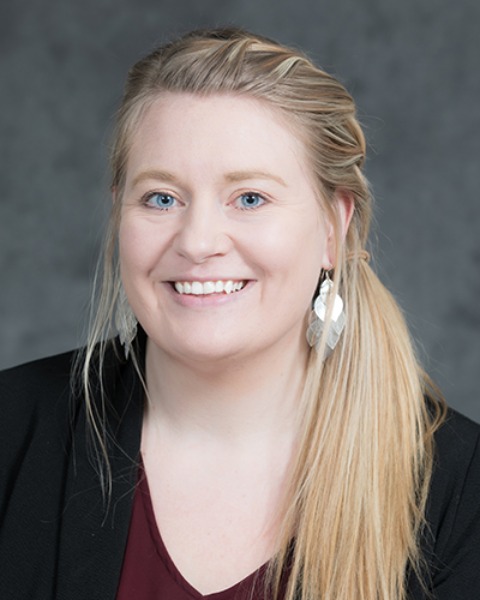Education & Research
In Person Only
Maximizing Learning Through Cognitive Science Insights
Wednesday, June 18, 2025
10:45 AM - 11:45 AM ET
Location: KICC L007
CE: 1.0 Non-medical

Sarah M. Schmid, DVM, DACVIM (she/her/hers)
Assistant Professor
University of Tennessee
Knoxville, Tennessee, United States
Primary Presenter(s)
Disclosure(s):
Sarah M. Schmid, DVM, DACVIM: No financial relationships to disclose
To provide excellent patient care in an environment where knowledge, technology, and treatment availability are rapidly changing, medical professionals must engage in continuous learning. Furthermore, residents-in-training need to master an ever-expanding body of knowledge to pass rigorous examinations and achieve board certification from the ACVIM. Despite the need for continual acquisition of new knowledge and skills, most clinicians are unaware of how best to learn. Learning is an acquired skill and the most effective strategies are often counterintuitive. Often preferred study strategies and the most frequently utilized teaching methods are not supported by scientific research. The goals of this hour-long interactive lecture are to discuss what research in cognitive science has shown us about how we learn and to identify ways in which learning and memory can be improved. This session is particularly targeted at residents-in-training, but the tools shared will benefit learners of any level and specialty.
Through real-world examples, this session aims to:
- Debunk learning myths with scientific research
- Describe how we learn through the encoding and consolidation of engrams (i.e. "memory traces")
- Define types of learning practice (e.g., interleaved vs. blocked, varied vs. massed) and explain how interleaved and varied practice can help clinicians develop discrimination skills
- Provide examples of how practicing elaboration, reflection, generation, and desirable difficulties can improve retrieval
Through real-world examples, this session aims to:
- Debunk learning myths with scientific research
- Describe how we learn through the encoding and consolidation of engrams (i.e. "memory traces")
- Define types of learning practice (e.g., interleaved vs. blocked, varied vs. massed) and explain how interleaved and varied practice can help clinicians develop discrimination skills
- Provide examples of how practicing elaboration, reflection, generation, and desirable difficulties can improve retrieval
Learning Objectives:
- Provide examples of elaboration, generation, and reflection and describe how they help improve retention and retrieval of information.
- Be able to implement study strategies to make reading more effective.
- Recognize the difference between spaced interleaved practice and blocked massed practice and describe a study schedule that utilizes spaced an interleaved practice.



